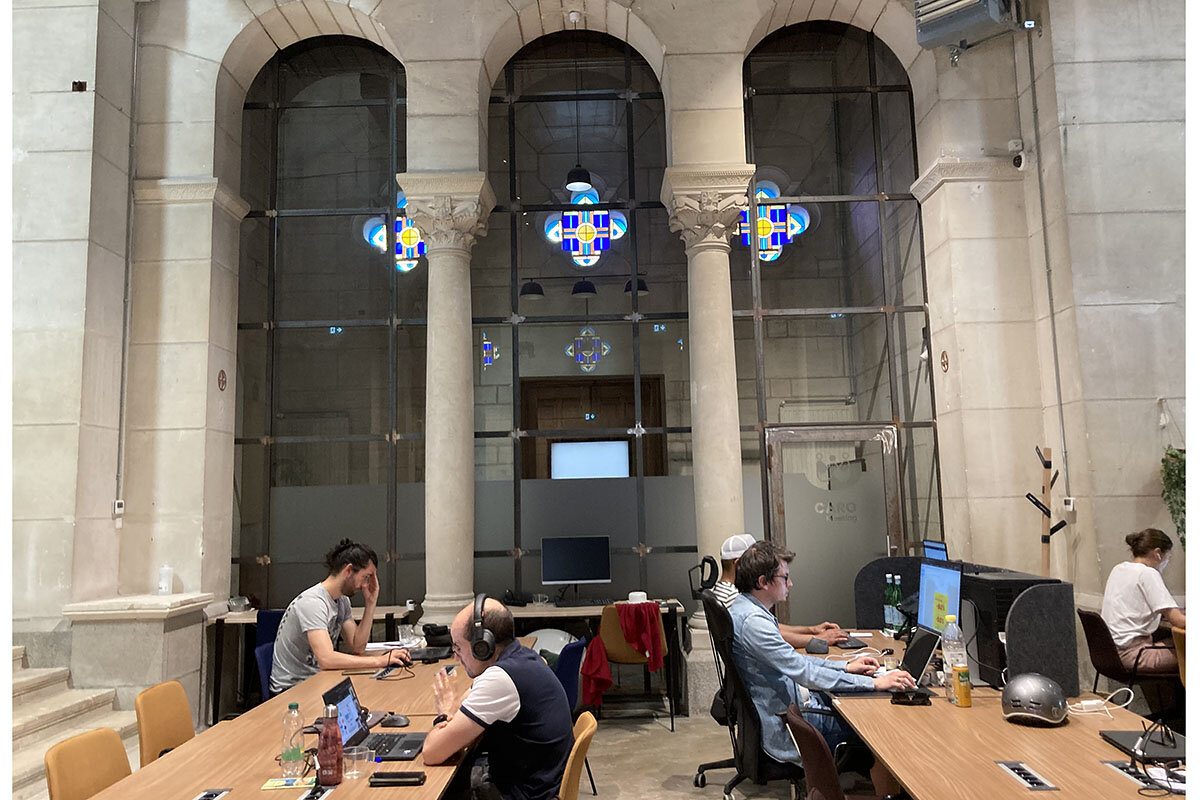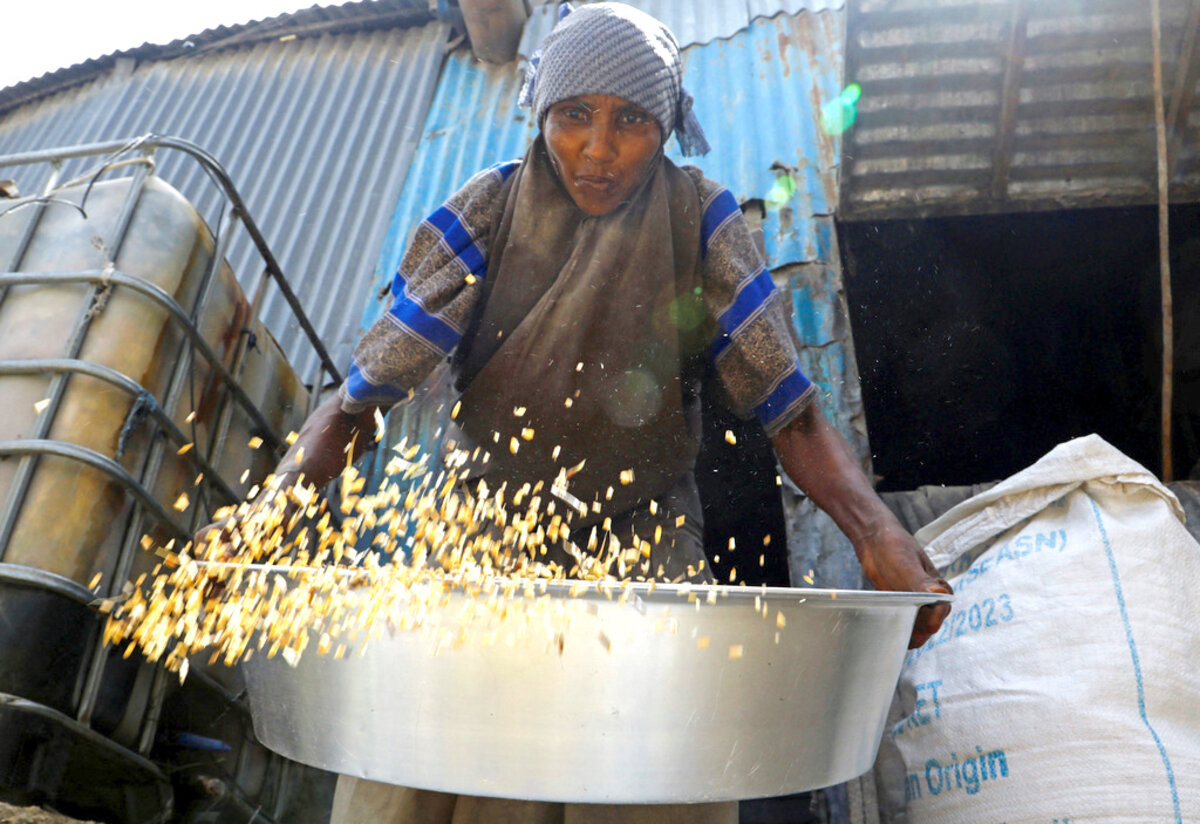U.S.-Israel relations, it has long been said, reflect shared values as well as interests. Now the deep turmoil in Israel over legislation that some fear weakens democracy shows signs of having an impact on both.
Monitor Daily Podcast
- Follow us:
- Apple Podcasts
- Spotify
- RSS Feed
- Download
 Ken Makin
Ken Makin
Boston Celtics star guard Jaylen Brown has worn the city’s name on his heart for the past seven seasons. Last week, on the heels of securing the biggest contract in NBA history, Mr. Brown wore something new on his heart: a shirt with a word that spoke to what he planned to do with his newfound wealth – “BRIDGE.”
In a news conference at the Massachusetts Institute of Technology’s Media Lab, Mr. Brown said he wanted to close the wealth gap and “bring Black Wall Street to Boston.” It was a callback to the prominent Tulsa, Oklahoma, neighborhood, which was violently brought down by white rioters. “Being an athlete, you have a lot of influence in your community, and if you use it responsibly, you can make the world a better place,” Mr. Brown told CBS News.
For years, Mr. Brown has attacked defenses with his athleticism. But his activism has proven to be just as daunting. In 2020, he drove 15 hours to Atlanta, just outside of his hometown in Marietta, Georgia, to lead a Black Lives Matter protest. A few months later, he was one of the leading voices in support of the Milwaukee Bucks’ wildcat strike.
His on-court efforts have placed the Celtics at the cusp of a championship. His off-court efforts are trending in a similar fashion and may soon draw comparisons to the likes of Bill Russell and Jim Brown, who were key figures in the Civil Rights Movement.
Mr. Brown’s $300 million contract can’t cure systemic racism. But imagine if Mr. Brown’s conscientiousness caught on – among not just millionaires, but everyone. The type of community care that sees inequity and dares to change it for the better is indeed the bridge to a better tomorrow.










